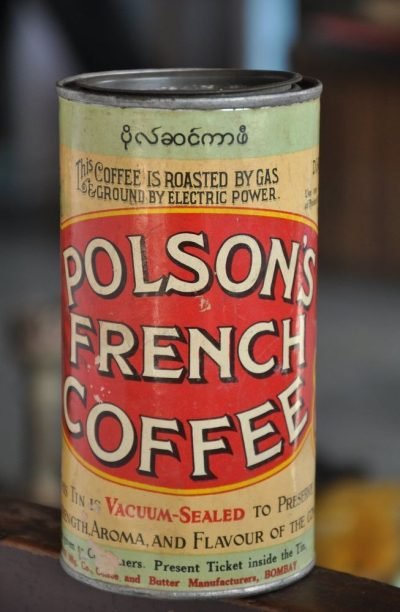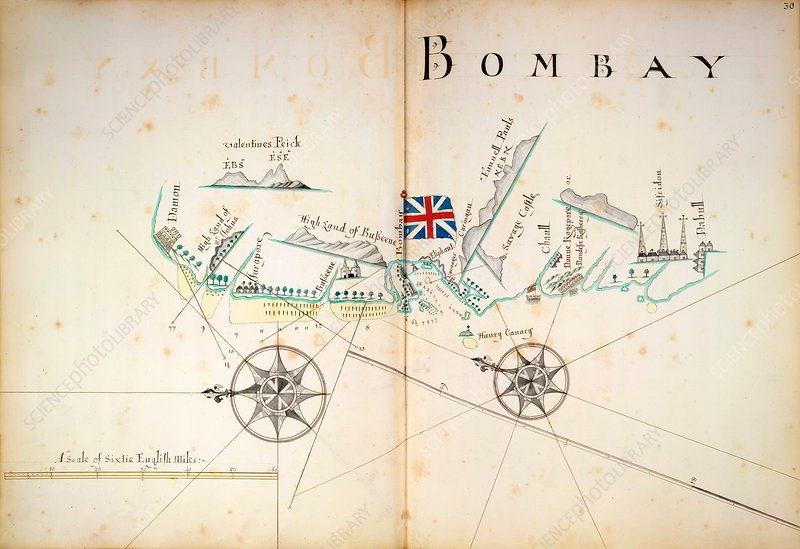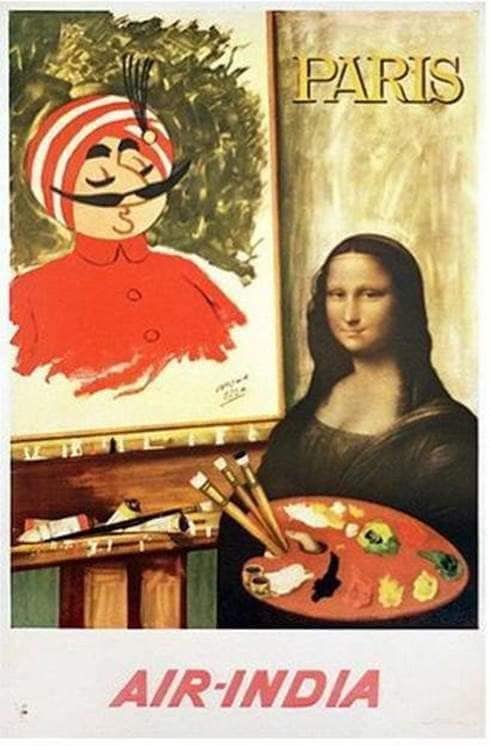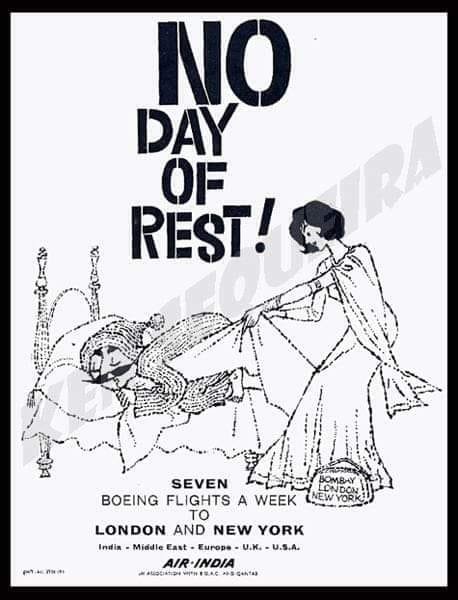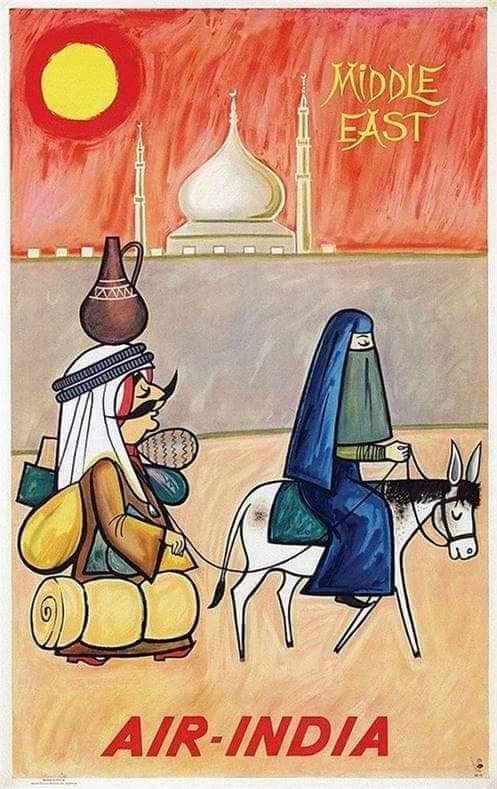 Those who can still recall the nostalgic smells and flavors of their breakfasts from the 1950s-60s may immediately recognize the name Polson butter. Interestingly, there is a fascinating connection between Pestonji Edulji Dalal, the founder of Polson butter, and Patna.
Those who can still recall the nostalgic smells and flavors of their breakfasts from the 1950s-60s may immediately recognize the name Polson butter. Interestingly, there is a fascinating connection between Pestonji Edulji Dalal, the founder of Polson butter, and Patna.
At the National Dairy Development Board (NDDB) library in Patna, there is a bust of Pestonji, the dynamic young Parsi businessman from Bombay who started a small coffee roasting and grinding shop at the age of 13 in 1888. According to Ruth Heredia’s book “The Amul India Story,” Pestonji was nicknamed Polly, which he transformed into the British-sounding brand name Polson’s for his coffee.
Polson’s coffee quickly gained popularity among the British customers, and by 1910, Pestonji had established himself and was looking for new opportunities. When a customer in the Supply Corps informed him of the army’s butter supply problems, Pestonji found his calling. He set up a dairy in Kaira, Gujarat, leveraging his contacts in the army and railways to ensure that Polson’s butter was widely supplied, eventually becoming synonymous with butter in India.
By 1930, Polson’s had opened the most advanced dairy plant in India and dominated the butter business. However, Polson’s downfall came due to its ruthless dominance, which led to the organization of a co-operative in Kaira in 1946 by a Gandhian named Tribhuvandas Patel, supported by Vallabh Bhai Patel, a Congress stalwart. This cooperative eventually transformed into the iconic brand Amul, but that’s a different story!
After losing ground in Bombay, Pestonji turned his attention to Patna and started a butter factory in Digha. He was well aware of the steady supply of milk available in Patna and its surroundings. As a result, Polson became a favorite brand in Bihar in the 1950s-60s, known for its chubby baby advertisements in labels and newspapers. Interestingly, Polson retained its anglophile image in Bihar, just as it had in Bombay, continuing its British associations.
During that period, it was common to use the term “polsoning” instead of “buttering” or “makkhan lagana” in Bihar, as mentioned by chroniclers of those days. Unfortunately, Polson’s business declined in the 1960s when Pestonji grew too old to run the company, and his son decided to settle abroad.
So, when an elderly person tells you “polson lagane ka koi fayada nahi,” you now know what they mean! “Maska” is another word for butter, evoking memories of the iconic Polson butter brand.
